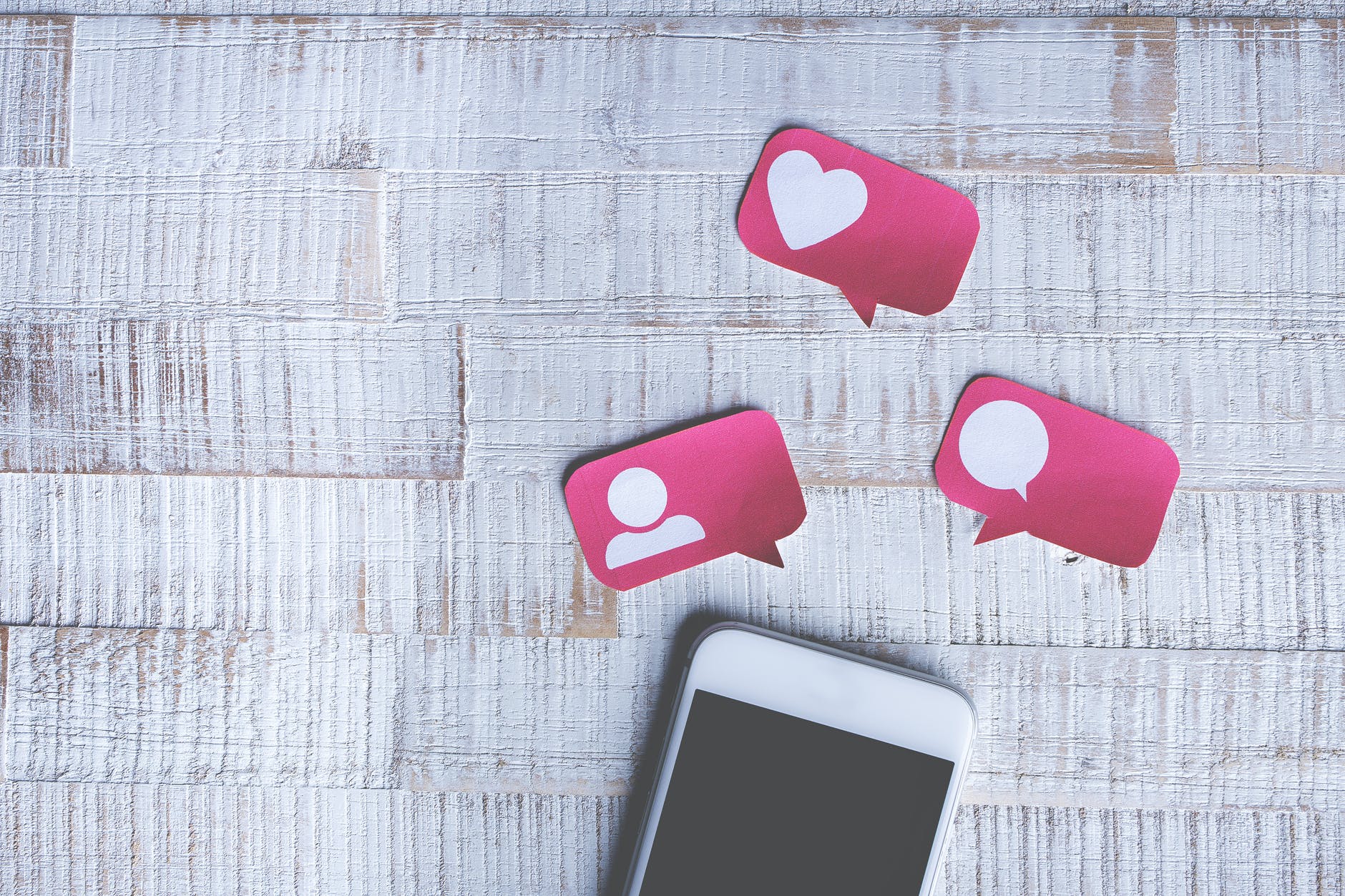There are currently over 3 billion smartphone users in the world right now, with users spending an average of 3 hours and 15 minutes on their phones every day.
Furthermore, when it comes to users in the United States, these phone-lovers are spending a whopping 5.4 hours a day using their beloved smartphones.
Even more shockingly, the average smartphone owner checks their device 58 times a day.

Can you think of any other one activity that you do that many times in a single day?
It’s highly unlikely you can.
So, what are people doing on their smartphones for all these hours of the day?
Let’s take a closer look.
- 88% of users text
- 70% send and read emails
- 62% go on Facebook
- 61% use the camera
- 58% read the news
- 56% shop
- 54% check the weather
- 51% use WhatsApp
Now think about what you use your smartphone for.
Do you only use it when you need to do something or more often than not are you using it out of either habit or boredom?

If it’s the latter, then this is when you need to start thinking about how you can use your mobile phone is as safe a way as possible.
You are probably already aware that overexposure to electromagnetic radiation can cause a whole host of health problems but are you actively taking steps to help protect yourself from these damaging signals?
If not, now is the time to start.
Keep reading to discover how you can use your phone safely, plus, top tips on how you can keep the personal data stored on your mobile safe from the sophisticated cyber criminals of today.
Avoid lengthy conversations
Fortunately, due to our increasingly short attention spans, long conversations via mobile phones are few and far between, with users preferring to communicate through instant messaging.
However, if you are still having a long conversation on your mobile phone, perhaps for work, you could be inflicting long term damage to your body. A failure to use proper headphones when talking on a mobile device can cause a heating effect on your brain cells due to the electromagnetic radiation.
Your best course of action is to find out the SAR of your mobile device so that you can be clear about exactly how much radiation can penetrate your body from your specific device. You should be able to find this out via your phone’s manufacturer.
The short terms effects of EM radiation can include:
- Tiredness
- Dizziness
- Headaches
Put calls on speakerphone
If you are intending to spend a long time speaking to someone on your mobile, why not put them on speaker? This is especially effective for those who are working from home as you can carry out other tasks as you chat.
Alternatively, use a wireless headset if you want to talk to someone when out and about. Bluetooth uses very low power for transmission and is considered to be a safe way to communicate via a mobile phone.
Do not sleep with your mobile
An independent research study has revealed that 80% of smartphone users check their phones in the morning before they even brush their teeth. Furthermore, 90% of users aged 18-29 sleep with their mobile phones.
Unfortunately, this puts you even more at risk of potential health issues such as headaches, impaired memory and hearing, poor sleep patterns and even cancer.
If you must sleep with your mobile, make sure you put in onto flight mode before you drift off.
Avoid making calls in low signal areas
Is there anything more frustrating than trying to make a call in an area that has poor signal reception? Places such as the subway, parking stations and basements are known for having bad signal, yet people still try in vain to make calls in these areas.
Why is this particularly bad for electromagnetic radiation?
It’s simple; to keep connected with a nearby mobile tower, your mobile device will increase transmission power.
You should also try and avoid making calls when you are travelling in a car as your mobile will be having to continuously send signals to maintain contact with cell towers, leading to the transmission of higher power radiation.
Limit your usage
As well as the electromagnetic radiation health-related concerns of using your mobile device, it is also important to monitor the impact of overexposure and long periods of use on users’ mental health.
Smartphone addiction is a very real issue, with 20% of users saying they would rather go without wearing shoes for a week rather than give up their mobile phone.
Known as nomophobia, someone who has a fear of not having a working mobile phone, it is suspected that up to 66% of the world’s population is already showing signs of this affliction.
How much is too much?
Of course, this is dependent on the individual and whether or not you need to use your mobile for work or to study. That being said, there are signs to look out for that could indicate you are spending too much time on your smartphone:
- You find yourself phubbing
- You constantly compare yourself and your life to others on social media
- Your mobile is the first thing you see in the morning and the last thing you see at night
- You feel anxious when you do not have access to your phone
- You struggle to communicate with others in person
Keep your data protected
In terms of security, many smartphone users neglect to keep their device and the personal information stored on it safe from cybercrime. Plus, even if you are taking steps to protect your device, cyber criminals are constantly evolving their tactics based on changing user habits. Therefore, it has never been more difficult to keep your data safe.
That being said, there are mobile security tips that you can adopt to keep your device as protected as possible:
- Keep your phone locked. Arguably the simplest way to stop opportunist thieves from accessing your private data.
- Set secure passwords. Although it may seem easier, you should not use the same password for all your accounts and devices. Plus, you should regularly change all your passwords.
- Update your mobile’s operating systems. Making sure your mobile is updated is crucial in avoiding being hacked and discovering any threats.
- Connect to secure wi-fi only. You may love connecting to free wi-fi and saving your data but make sure that you only connect to secure networks.
- Avoid rogue mobile apps. If you love downloading new apps, make sure you only do so from official app stores.
Encrypt your data. By enabling the encryption settings on your smartphone, you can ensure that if your device is stolen or hacked, your data will be in an unreadable form.






